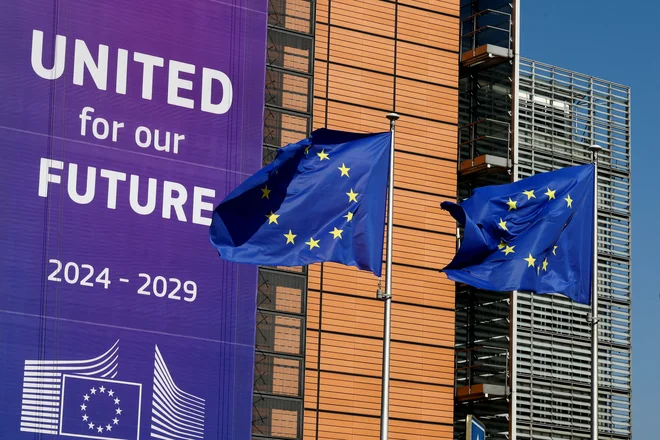Swedish consumers boycott supermarkets: no expense for a week, too high prices

The protest against the increase in food prices: for a week they will not spend in large supermarkets and large -scale distribution chains
From Monday 24 March in Sweden the protest of consumers began, who will not go shopping in supermarkets throughout the week as a form of dispute against the strong increases in food products. As the British newspaper tells Guardianthe initiative has become viral thanks to posts shared on social networks such as Facebook, Instagram and Tiktok, So as to become a national theme and certainly a knot for politics. According to the estimates of the government agency Statistics Sweden, the annual cost for the shopping of a family in the country – from January 2022 – has risen up to 30 thousand crowns, equal to about 2,763 euros.
The protest against large supermarkets
The forecasts take as a reference the package of the coffee powder, which could soon reach the symbolic threshold of the 100 crowns (9.21 euros). Consumers who intend to adhere to this form of dissent believe that the increase in prices is not only due to the trends of the markets, conditioned by geopolitical dynamics and commercial conflicts, but also to a sort of oligopoly in the sector, where the competition is scarce And therefore the important revenues and greater revenues of supermarkets and large production and distribution, such as ICA, Coop, Lidl and Willys, are drawn and greater revenues, at the expense of the end customer. On the other hand, the brands have repeatedly reiterated that they do not have a strong impact on prices but that the reasons for their growth are an increase in costs for raw materials, due to environmental and climatic damage that damage the crops.
Products with increasing prices
It was not enough to stop the intentions of Swedish consumers, who carry on the protest « Bojkotta Vecka 12 »or « boycott of week 12 » because it falls in the twelfth week of the year, and therefore they will not shop in the great brands of retail. It is still early to establish what the impact and relapse of the contestation on the market will be. What is certain is that in Europe it is not the first: it is added to those that took place in the last few weeks in Bulgaria – where a drop in turnover of 30% has been found to follow -, in Croatia, Bosnia and Herzegovina, Montenegro and Serbia. The product that recorded the largest increase in Sweden is chocolate. Matpriskollen, a price comparison platform, in an investigation has shown that DIn February the value has already grown by 9.2% But within a year (1 March 2024 – March 1, 2025) the percentage variation is +24.9%. Always in a month, cooking fats (i.e. the different types of butter and oil) rose by 7.2%, cheeses of 6.4%, while milk and 5.4%pass.
The response of politics
The consumer protest is also aimed at politics, asking for an intervention that can create the right competition on the market and thwart the continuous increase in prices. Despite the failure to support the initiative, the Minister of Rural Affairs, Peter Kullgren, recognized The weight of the situation on economically weaker families. The Finance Minister Elisabeth Risensson, said that inflation has fallen since 2022, when the current government came into office and was about 10%, but the value of food products remained very high. In February 2025, the inflation rate was 1.3%, increasing compared from 0.6% of the previous month. Meanwhile, last week the executive presented a new strategy for the food sector, which also includes measures aimed at increasing internal production to the country. An initiative that could increase competition and bring consumption to suffer less the increase in costs for international dynamics.





/s3/static.nrc.nl/wp-content/uploads/2025/06/07043854/ANP-426099410.jpg)


